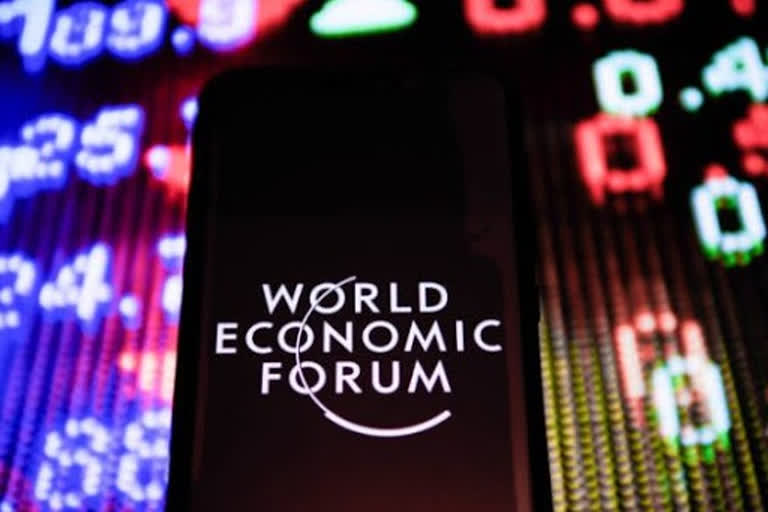Hyderabad: India made a steep fall in the Global Competitiveness Index (GCI), 2019. According to the World Economic Forum (WEF), India, which was earlier ranked 58th, slipped to 68th rank among 141 surveyed countries. Brazil (71st ) and India were the bottom performers among BRICS nations.
India could save its face by faring better than the neighbouring countries like Sri Lanka (84th ), Bangladesh (105th ), Nepal (108th ) and Pakistan (110th ). China secured its previous year’s 28th rank this year too thanks to its market size.
The GCI gauges competitiveness on 12 pillars like basic facilities, health, education, skills and technological readiness. Three years ago, India shined at 39th but slipped to 68th due to lack of skill base, poor health conditions and low healthy life expectancy. Singapore, which stood second to the USA last year, claimed top position this year. The USA stood second followed by Hong Kong, Netherlands and Switzerland.
Though India is ranked high in corporate and shareholder governance and renewable energy regulation, it slipped 30 ranks during the past three years due to other factors.
Last year, the USA stood first in GCI by proving that it is second to none in labour reforms, liquidity and commerce. The USA stood 9 th in terms of basic facilities among 135 surveyed countries. Singapore, which stood 1 st in providing basic facilities grabbed top position this year in GCI.
Read more:Indian economy on a shaky ground: Nobel awardee Banerjee
The UPA government was responsible for India’s 71 st position in market openness five years ago. Several projects remained pending impacting the fate of economic reforms. After the NDA government came to power, inflation was brought under control and GDP improved, enabling the foreign investments.
The ranking in GCI 3 years ago was the result of institutional reforms. Then what could be the reason for this year’s dismal performance? WEF reports have asserted that India is ahead of Japan, France, Korea and Australia in terms of e-commerce. The laidback outlook towards providing basic amenities is preventing India from progressing forward. While nations like the Netherlands, Singapore and Hong Kong are prioritizing self- development, India is pacing backwards with its policies.
International Monetary Fund (IMF) estimated in October 2018 that India could achieve a growth rate of 7.3 to 7.4. Exactly after a year, the same IMF gave a different estimate.
Kristalina Georgieva, Managing Director of IMF has revealed that 90 nations including India are facing a setback in GDP due to looming recession. Auto, hospitality, manufacturing and communication industries are already bearing the brunt of an economic slowdown. Experts like Raghuram Rajan warned that the economy could be back on track only if private investments are encouraged along with long term reforms in financial sector.
The recent economic survey revealed that the number of people of employable age will increase by 97 lakhs every year in the next decade. The governments must make necessary amends to labour laws in order to face this situation. Even after 7 decades of Independence, our education system is subpar with substandard skillset, belittling our country in the international market. Governments must prioritize these issues immediately. As the Forbes survey urged last year, challenges in transportation, electricity and manufacturing must be dealt with on a war footing. Formulation of effective guidelines to improve education, skillset and human resources will pave way for higher rankings in Competitiveness Index.
